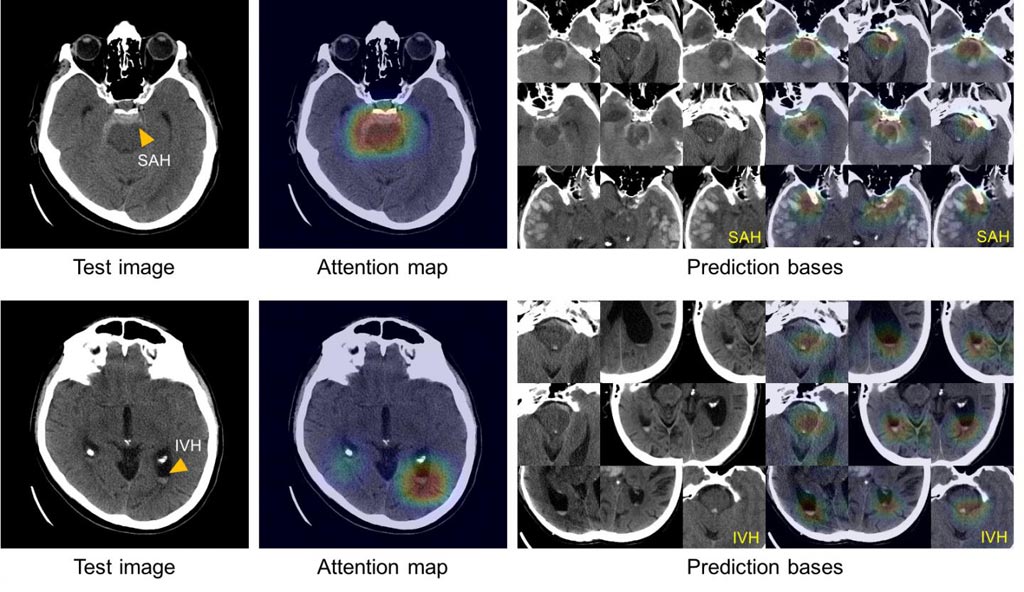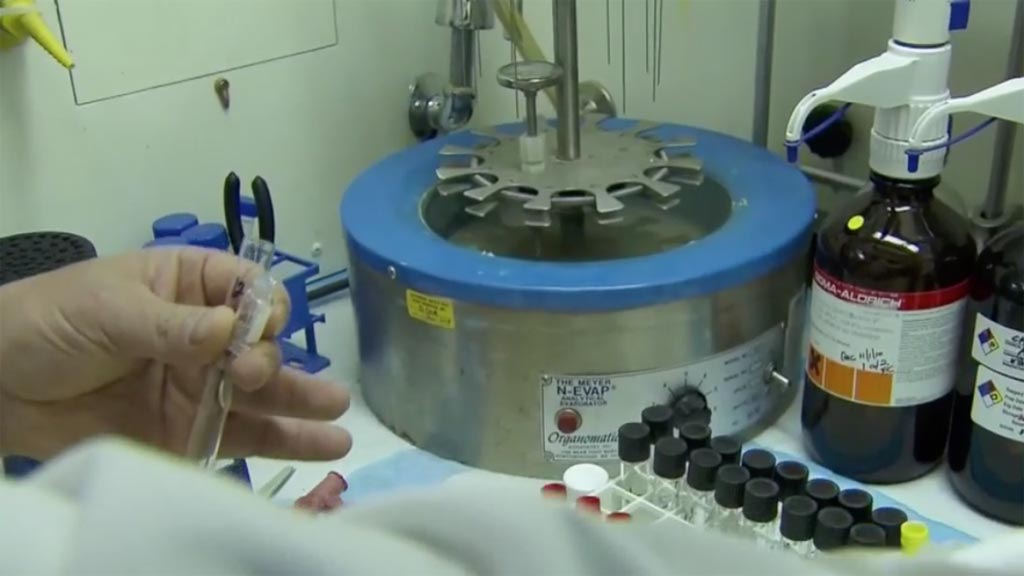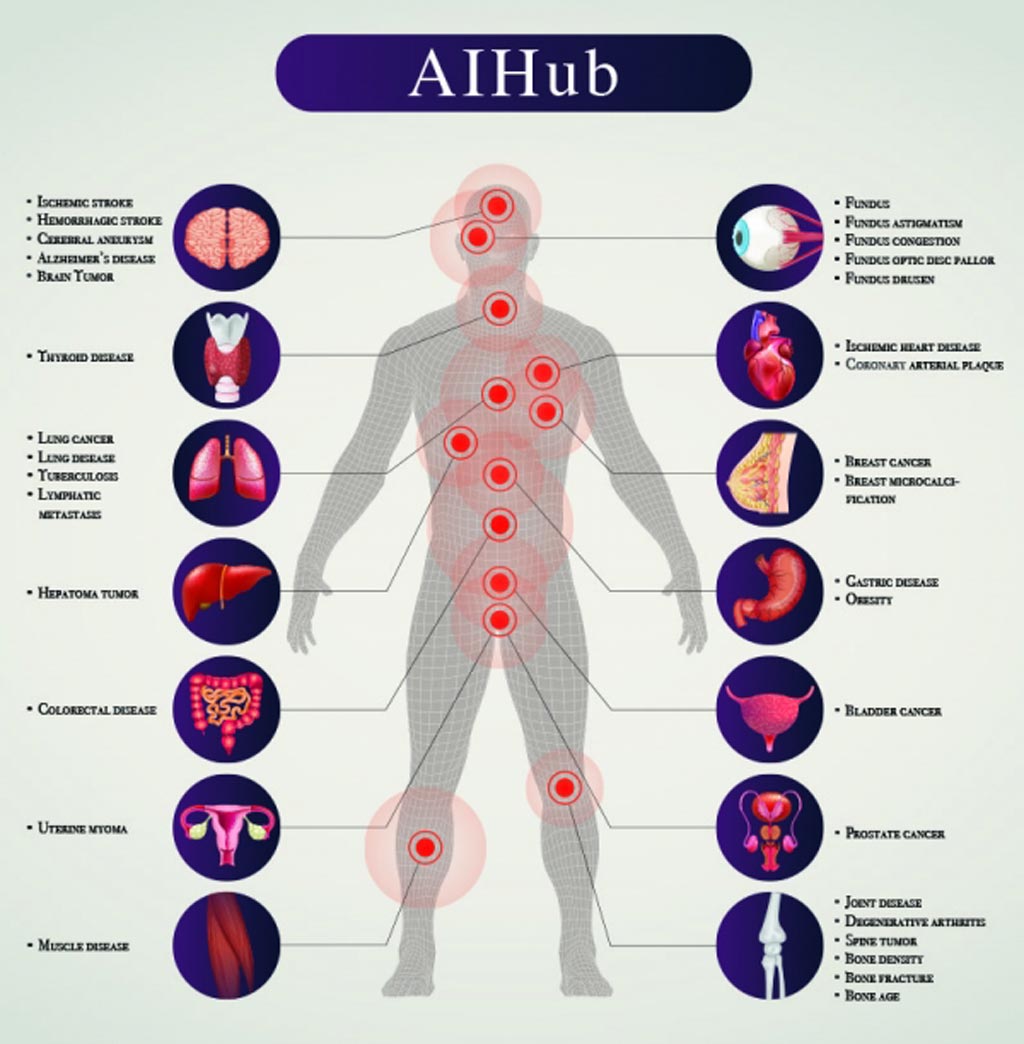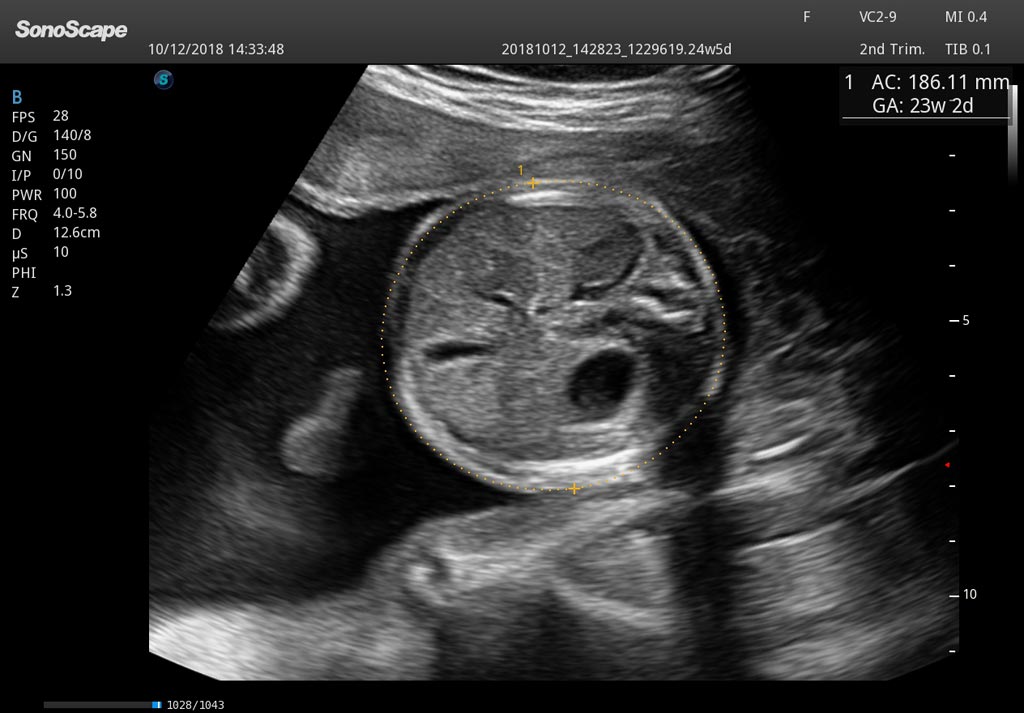Artificial Intelligence

New AI System Can Diagnose and Classify Intracranial Hemorrhage
Researchers from the Massachusetts General Hospital have developed an artificial intelligence (AI) system that can quickly diagnose and classify brain hemorrhages, as well as provide the basis of its decisions from relatively small image datasets. More...23 Jan 2019

New AI Technology Can Determine Best Type of Cancer Treatment
A team of researchers from Case Western Reserve University is using artificial intelligence (AI) and smart-imaging computer technology for viewing routine medical images — MRIs, CAT scans, tissue biopsies — to determine the best type of cancer treatment. More...23 Jan 2019

New AI Technology Pinpoints Negative Symptoms in Cancer Patients
Researchers from the University of Surrey and the University of California have developed a new artificial intelligence (AI) tool, which can predict symptoms and their severity throughout the course of a cancer patient's treatment. More...08 Jan 2019


AI Technology Automates Obstetric Ultrasound Workflow
The SonoScape Medical S-fetus algorithm, designed for the S60 ultrasound system, has been designed to simplify a standard obstetric ultrasound procedure by reducing it to just scanning the patient for a cine loop and pressing the touch screen button, without the need to navigate through menus or press different buttons. More...31 Dec 2018
In Other News
Largest AI-Powered Medical Research Network Launched
New AI-Based Solutions Create Possibility for Early Cancer Screening
Network-Based AI Engine Performs Airway Segmentation from CT Images
AI Software Pinpoints Biopsies to Detect Prostate Cancer
New AI Software Reconstructs Images in Real-Time
Cancer Detection Technology Built on AI Receives FDA Clearance
New AI Platform Helps Radiologists Diagnose Stroke Faster Using CT Scans
Launch of AI Incubator to Stimulate Innovation and Drive Adoption
Largest-Ever Open-Source Dataset Released to Speed Up MRIs Using AI
Artificial Intelligence Could Help Reduce Gadolinium Dose in MRI
AI-Powered Algorithm Enhances Digital Radiography Images
New AI-Powered Lung Imaging Solution Launched at RSNA 2018
Agfa Brings Intelligent Radiography to RSNA 2018
Lunit Unveils AI-Based Mammography Solution at RSNA 2018
Guerbet Showcases Ongoing Collaboration with IBM Watson at Radiology Trade Fair
Fujifilm Showcases New DR Detectors and AI Initiative in Chicago
M*Modal Launches Cloud-Based Version of AI-Powered Reporting Solution
MDW Unveils First Radiology Blockchain Platform at RSNA 2018
Subtle Medical Showcases Al for PET and MRI Scans at RSNA 2018
Philips Launches New Platform to Enable Development of AI Assets
AI Predicts Alzheimer’s Disease Years before Diagnosis
UK to Set Up New GBP 10 Million Centre for Medical Imaging and AI
New AI Algorithm Enhances Polyp Detection in Colonoscopy Procedures
The Artificial Intelligence channel of HospiMedica keeps the reader informed about the latest news in AI-based clinical decision making, Medical knowledge engineering, Intelligent medical information systems and additional related fields.







.jpg)


